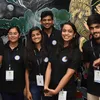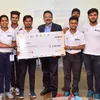Why not code for a problem than just for a job, asks Karthik Reddy of Blume Ventures at Bootstrap Paradox
The first edition of Bootstrap Paradox by Blume Ventures saw a successful run with 350 coders from across the country solving problem statements set by Blume’s companies, including Dunzo, Milkbasket, Unacademy, Mech Mocha, Dataweave, and Locus.
It was a Saturday morning but the Microsoft office in Bellandur, Bengaluru, was bustling with energy. After all, investment firm Blume Ventures had launched its first hackathon: Bootstrap Paradox.
Over 350 individual hackers, coders, and developers participated in the hackathon. The coders were to solve problem statements set by Blume Ventures companies, including Mech Mocha, Dunzo, Milkbasket, Locus, Unacademy, and Dataweave.
Most techies had their eyes glued to their computer screens to solve the problem statement that could make their careers or possibly create an interesting solution to an existing problem. The hackathon provided experts and students from cities such as Bengaluru, Delhi, and Chennai an understanding of what it takes to work for a startup. Winners will not only have their ideas escalated, but could be hired by the startup they provided a solution for.
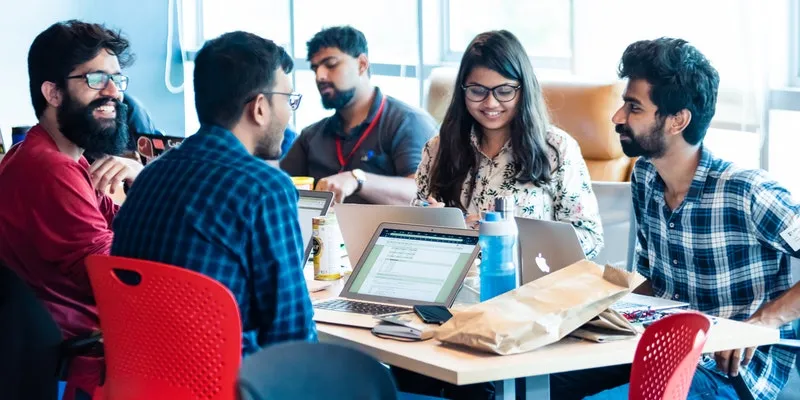
Interestingly, the B2C startups, such as hyperlocal delivery app Dunzo and edtech firm Unacademy, saw greater participation than B2B ones like Dataweave. While B2C problems may be tougher to solve, it provides quick insights into developers’ interests.
Speaking of the turnout and the problem statement, Mukund Jha, Co-founder and CTO of Dunzo, said, “The idea is to see if there can be different unique and innovative ways to solve our cataloguing. There seem to be unique and diverse teams, so we hope to see different ideas emerge.”
But why a hackathon?
Karthik Reddy, Managing Partner, Blume Ventures, explained:
“There are multiple reasons for that. Good ideas always tend to convene around various thoughts. At one level, we acknowledge that our companies are potentially at the verge of greatness but not yet there. This means they aren’t in a position to hire hundreds of high-quality developers. And I don’t think the developer community needs a job to solve good problems. A hackathon becomes a unique way to tap into that collective intelligence over a weekend. And you get large leverage out of it.”
The focus was to see if the developer community could solve a particular problem. “The idea is to do it for the right reasons and not just for hiring or finding talent. When they come in, they aren’t coming in for a job, but to solve for a problem under the Blume Portfolio,” Karthik said.
He added that it was important that for something like this to work as the developer community needed to have a strong problem statement in place. The complexities of a horizontal player like Dunzo, or other companies like Unacademy, Dataweave, or Locus can help solve global problems.
“Milkbasket is relatively unknown in Bengaluru, but we hope to have solutions from people who can use data and technology effectively and efficiently,” said Ashish Goel, Co-founder and CTO, Milkbasket.
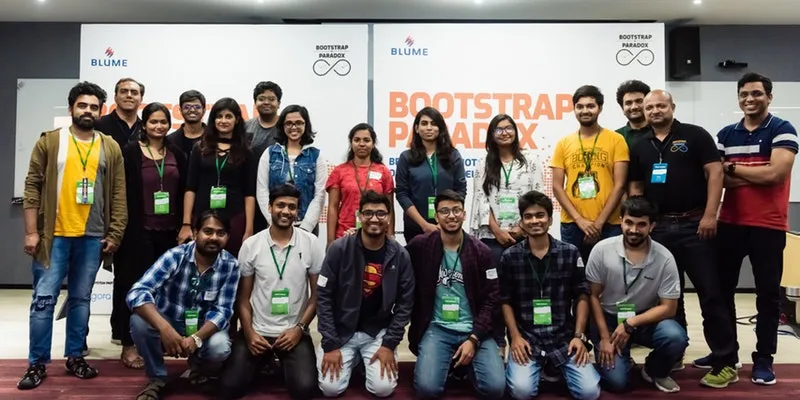
Winners of the hackathon
The problem statements and their winners:
MECH MOCHA
Leveraging web-based technologies to create a social gaming experience for vernacular India. We believe the social and in-person experience is a critical part of making these games fun. We want to transform these experiences into their nearest online counterparts using video chat.
WINNER - Super Hackers: Akshat Bhargava and Sakshi Srivastava.
LOCUS
Creation of an app that can create a traffic heat map of Bangalore and show changes in accordance with time. The app should also be able to able to predict the time of travel from one point in the city to the other. The expectation is of a comprehensive navigation app with a focus on hyperlocal travel times.
WINNER - The Alchemist: Arpit
MILKBASKET
The objective is to come up with a comprehensive analytics solution that can present relevant insights to transform the business of door-to-door delivery of dairy products. An additional objective is to come up with a product recommendation engine for users.
WINNER - Drupple: Swastik Shrivastava, Rohan Chougule, Rajat Rawat, and Anirudh Murali
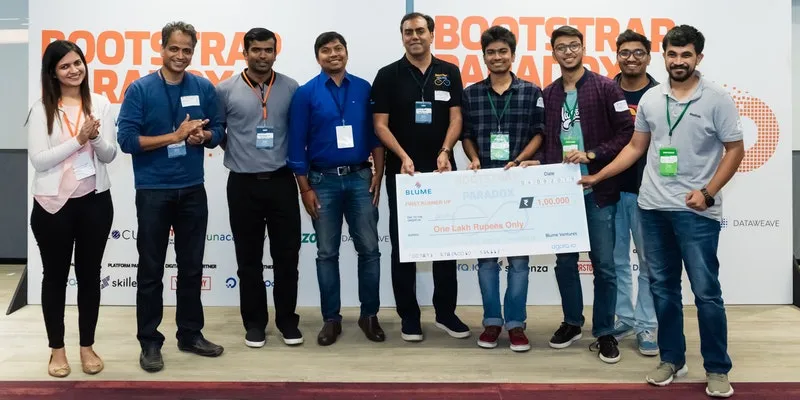
Team Drupple
DATAWEAVE
The objective is to come up with a search algorithm to recommend products as per complex search terms. The problem also expects participants to come up with a basic user interface to view recommended results and input search queries.
WINNER - BugziNga: Saurabh Shashank, Komal Thakur, and Vishakha Thakur
DUNZO
The objective is to come up with a solution that can recognise a wide category of textual data from images and store the same in any standard database, which would help create product inventories for traditional shops. Frontend must be implemented to categorise information and present insights, if possible.
WINNER - Spider: Vinuta, Vishwanath Tontanal, Shiva Chetan, and Manasa D
UNACADEMY
Given a video (video files/camera feed), identify and remove the background (make it transparent) and stream it to a web page, ensuring best experience for the learner. Background for phase 1 could be a green screen (monochromatic), and then, to take it up a notch higher, you could identify any generic background like curtains, walls, shelves, and remove from the video stream.
WINNER - Bits Please: Rush M, Praveen KB, and Aman Malali
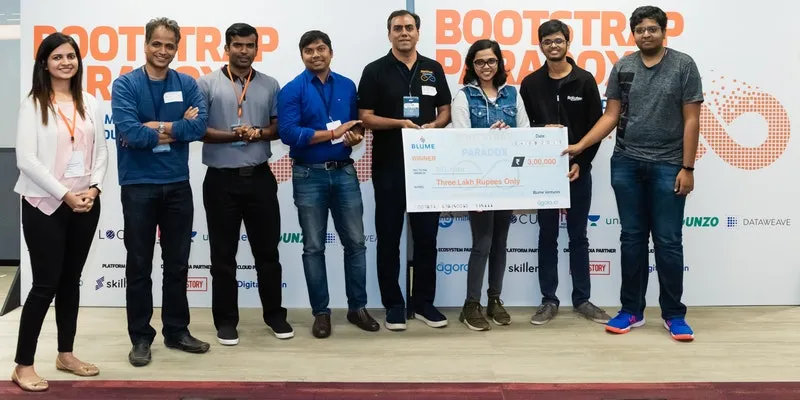
Team Bits Please
Disclaimer: YourStory was a digital partner for this event.
(Edited by Teja Lele Desai)




